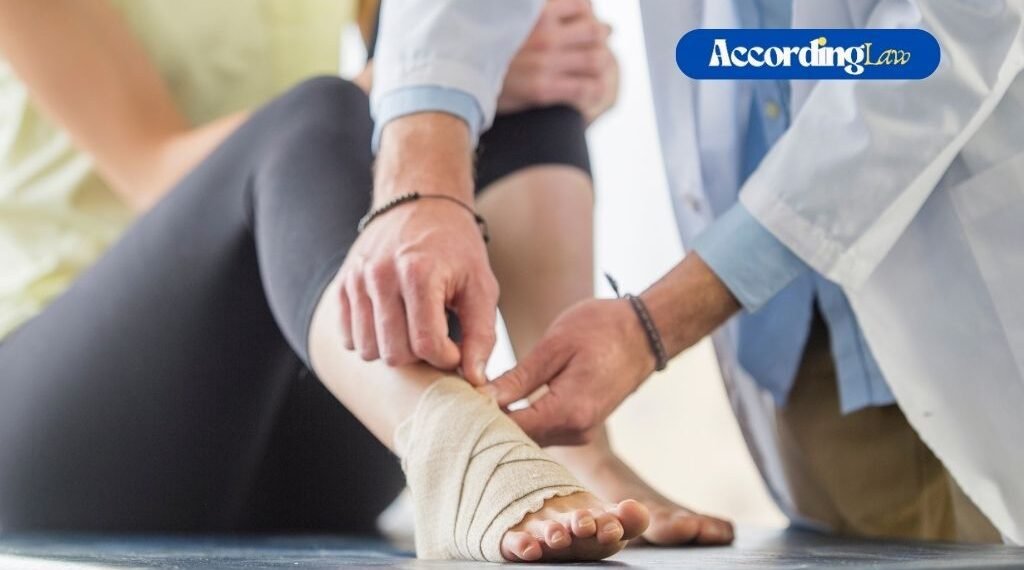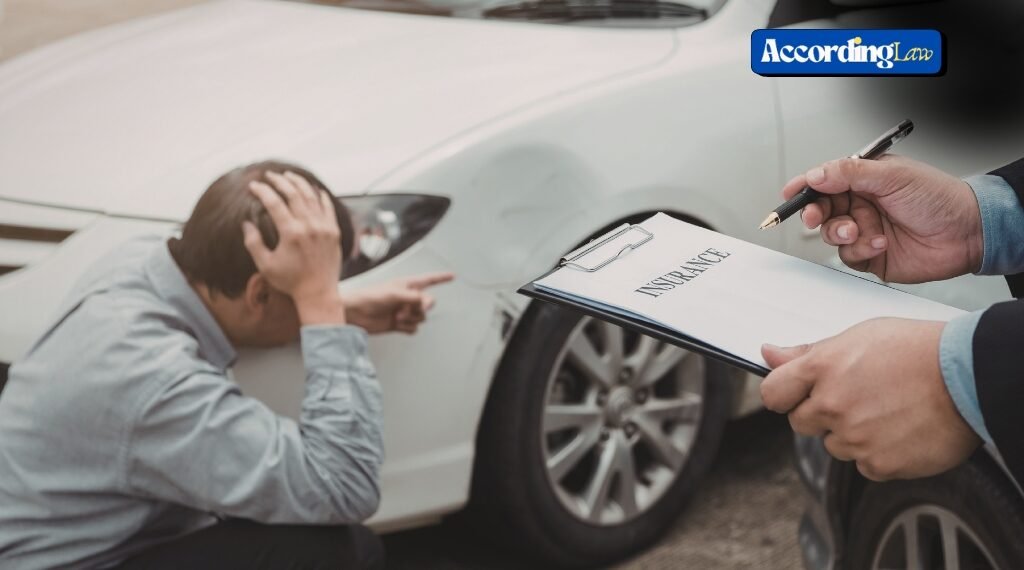You might think that if someone hurt you they should pay for the damage they caused. That’s fair, right? But the legal system does not always operate on what feels fair.
“Even if your injury is real, your case can fall apart if you miss certain steps or fail to present things the right way,” says personal injury attorney Ben Clary of Chattahoochee Injury Law
In Georgia, personal injury law is governed by specific rules that determine whether your claim even reaches the court. This article is here to show you what actually matters, what the courts care about, and how to avoid the traps that leave many injured people with nothing.
Table of Contents
What Are the Legal Foundations That Shape the Outcome of Your Personal Injury Case in Georgia?
At the heart of every personal injury case are three key legal concepts. They control whether your claim moves forward, how strong it looks, and what kind of compensation you could walk away with.
Negligence
Negligence will not apply to every personal injury case, but it’s where most begin, and where many end, if you cannot show four things. First, the other party had a duty to act with care. Second, they did not. Third, that failure caused your injury. And finally, you suffered real harm as a result. If all four hold up, your claim has just cleared its first legal checkpoint.
The Statute of Limitations
The state gives you two years from the date of the injury to file a claim. Unlike some states, Georgia rarely extends that window, even if you discover your injury later, unless you are dealing with something rare like a surgical sponge left in your body.
The clock may stop if the victim was under the age of 18, mentally incapacitated, or injured during an ongoing investigation. And if you are suing the government, the deadlines are even tighter: six months to notify a city, and twelve months for the state or county.
Comparative Fault Rule
Sometimes the injured person isn’t completely blameless. And that’s okay. Georgia uses something called the comparative fault rule, which means you can still recover money even if you were partially at fault.
However, there is a hard line: if a court determines that you were 50% or more culpable for the accident, you will receive nothing. Under that threshold, your compensation is reduced by your proportionate share of the fault.
Here Are the Most Common Personal Injury Claim Killers in Georgia
These are the mistakes that quietly unravel even solid cases:
So what can you do to protect your case?
Final Words
The truth is, no one plans for this. You did not wake up expecting to get hurt or to learn how Georgia’s legal system works. But here you are, and fortunately, you do not have to handle this alone.
A good lawyer will sit with you, listen to your story, and explain how the law actually applies to your situation. They will guide you through the chaos, protect your rights, and handle the heavy stuff, often without asking for a dime unless you win.


